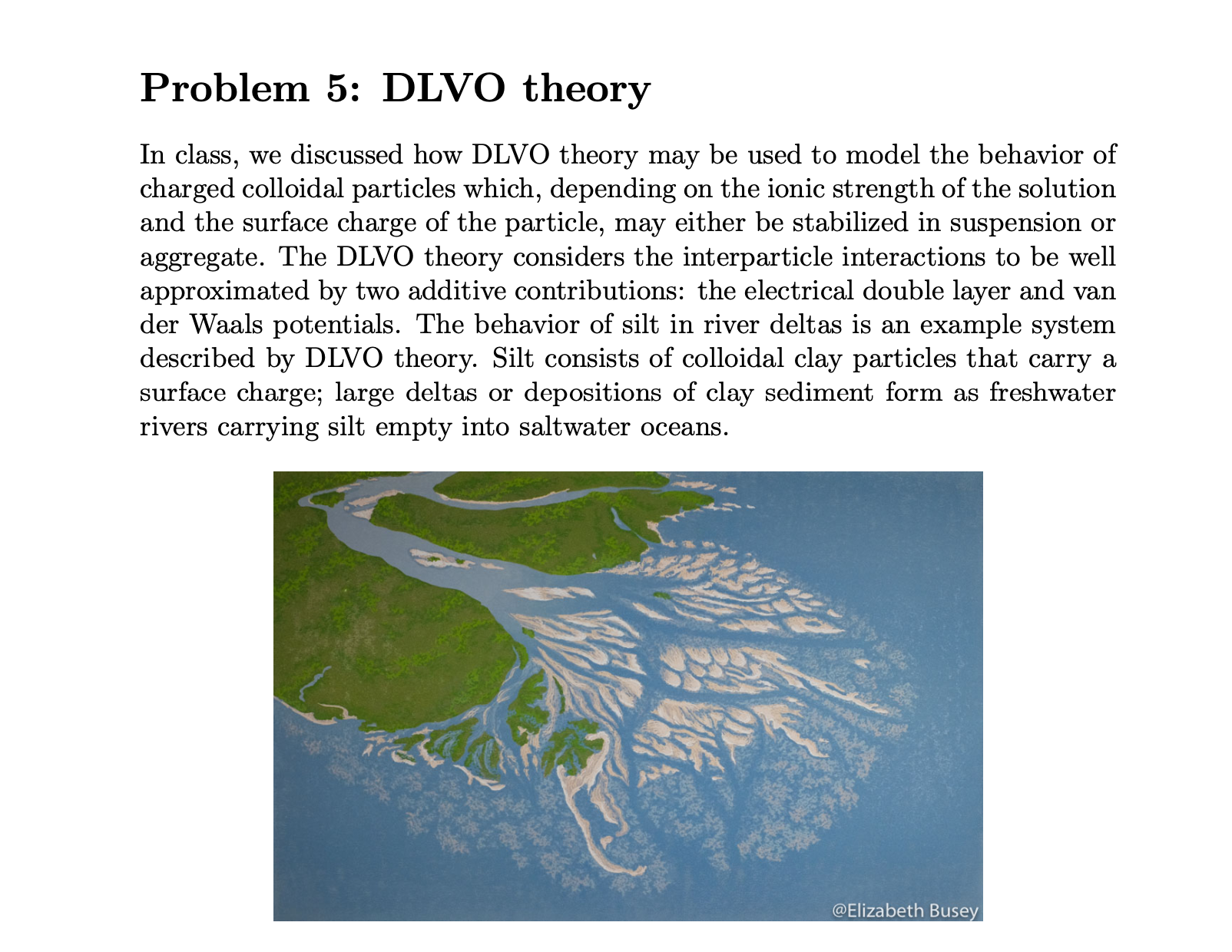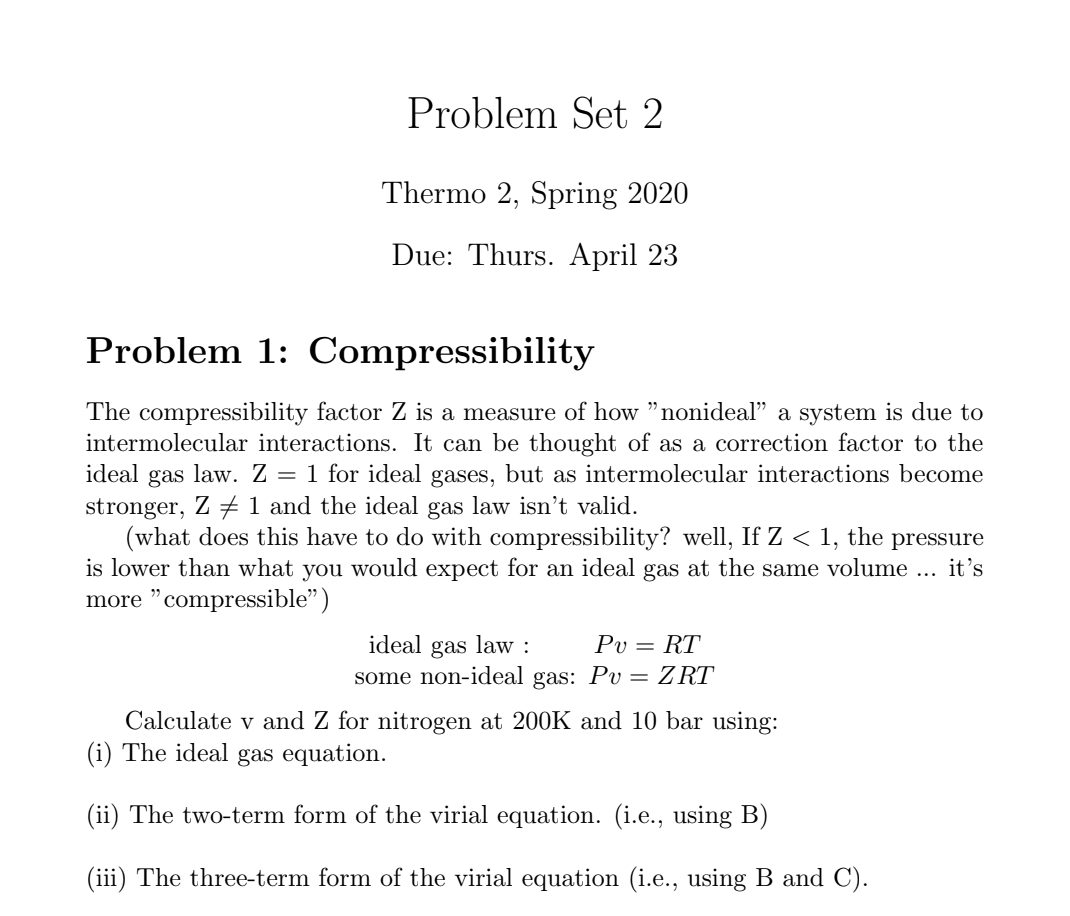Teaching Philosophy
-
We are much more than a single course. Coursework should seek to educate more than just the intellectual dimension of a person. In order to grow in knowledge, we also must grow in virtue: fortitude in the face of a difficult exam, diligence in laborious study, temperance in the face of distractions, and faith in the abilities we have been given.
-
Practice of the rudiments and mechanics of an activity is key to success in any discipline, but the spark of intuition that connects the mechanical to the transcendent is what sticks with us long after the course is over.
-
The biggest course takeaways are often generalizations that must be abstracted from patterns of specific examples. The best balance comes from an insistence on particular, relevant, and insightful examples without losing the forest for the trees.
Courses
Machine Learning and Artificial Intelligence for Molecular Discovery and Engineering
Awarded seed grant to design and develop laboratory modules and curriculum for a new course on AI/ML applications in molecular engineering.
Created interactive lab modules in Python (Jupyter Notebooks) introducing students to programming and core machine learning methods, including regression, classification, deep learning, and unsupervised clustering.
Tailored curriculum to research applications in the molecular sciences, including cheminformatics, molecular property prediction, computational drug development, and materials science. (link to course materials) ->
Principles of Engineering Analysis
Awarded inaugural Chaitan Khosla Teaching Fellowship to develop and teach interactive computational labs hosted on Google Colab.
Delivered weekly discussion lectures designed to teach introductory python from the ground up by implementing numerical algorithms.
Organized a team of three teaching assistants and communicating between the course instructor and TA team. (link to discussion section materials) ->
Undergraduate Thermodynamics II
Teaching Assistant for Mark Stoykovich in Thermodynamics course.
Guest lectured on Molecular Simulation and Flocculation/DLVO theory, and provided feedback on my topical lectures presented in weekly discussion section.
Whenever possible, I tried to fill gaps in understanding with short crash course presentations and short concept questions. (Link to example problem on DLVO theory) ->
Undergraduate Thermodynamics II
Teaching Assistant for Mark Stoykovich in Thermodynamics course.
Designed all course homework assignments and exam problems.
I proposed a molecular simulation project (#7) and mentored 4 students as they ran molecular dynamics simulations for the first time. At the end of the course, I evaluated the projects as a panelist with Professor Stoykovich. (link to full course materials) ->



